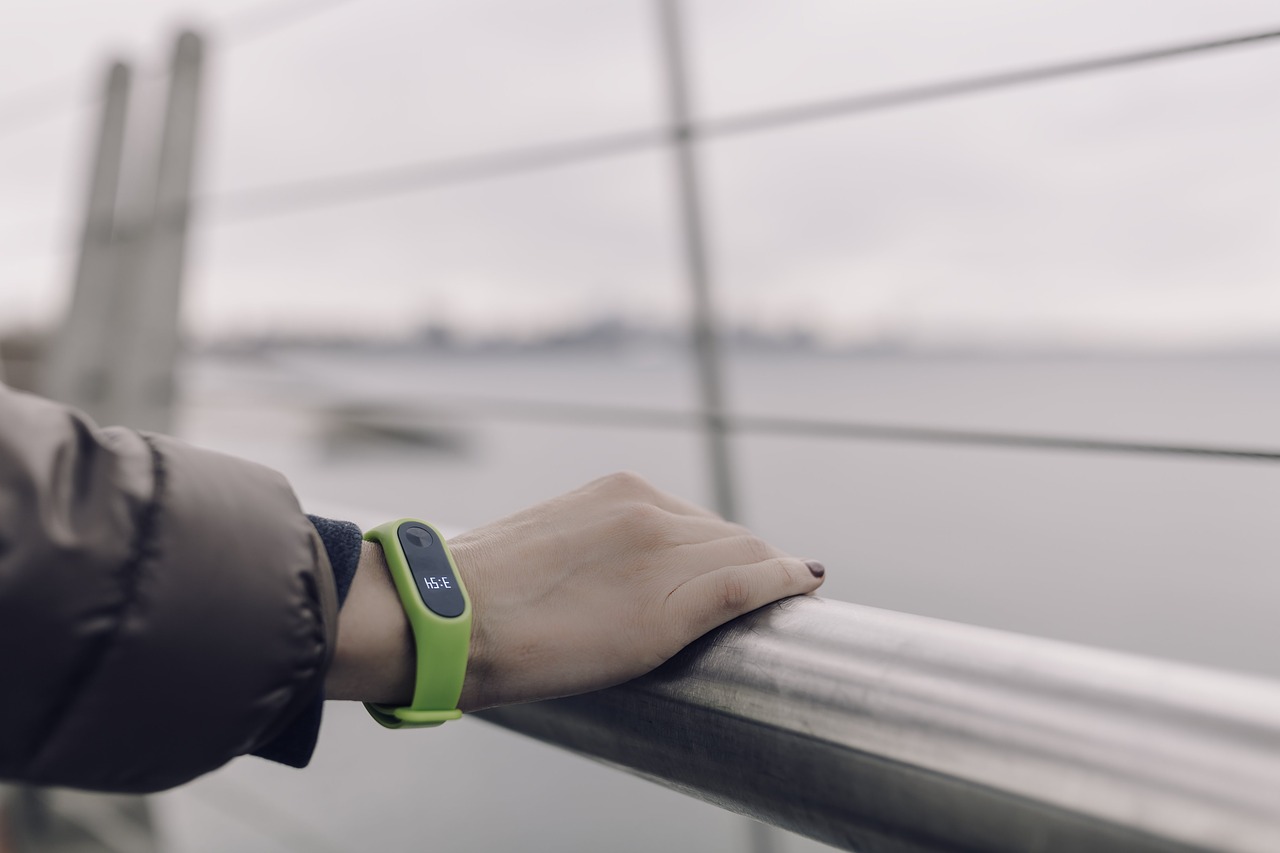
The European Commission will be launching a full-scale investigation into a takeover deal between tech giant Google and wearable technology firm Fitbit
The announcement of the European Commission investigation follows a preliminary review and may threaten to hamper the takeover deal between Google and Fitbit. The probe was announced despite Google's pledge not to use Fitbit's health data for ad targeting.
Google's parent company Alphabet offered $2.1 billion to take over the business of Fitbit last year but the deal has yet to be completed.
EU probe into the takeover
The European Commission said: "The commission is concerned that the proposed transaction would further entrench Google's market position in the online advertising markets by increasing the already vast amount of data that Google could use for personalization of the ads it serves and displays."
According to the commission, its probe into the deal is scheduled to be completed by December 9.
Google's devices chief Rick Osterloh responded in a blog, saying: "We appreciate the opportunity to work with the European Commission on an approach that addresses consumers' expectations of their wearable devices."
Concerns regarding the deal
Fitbit is considered a pioneer in the fitness tracker market, launching its first device in 2009. It currently has around 30 million active users and has sold over 100 million gadgets to date.
Despite this, market research firm IDC ranks the company behind Apple, Xiaomi, Samsung and Huawei in terms of global shipments of wearable technology.
In its last annual results, Fitbit reported a loss of $132 million as well as sales numbers that have declined for the fourth consecutive year despite the launch of its Versa 2 smartwatch.
According to analysts, part of what attracted Google to acquire Fitbit is its established partnerships with several insurers in addition to a government health program in Singapore.
The European Commission mentioned that while its main concern is the "data advantage" Google will gain to target increasingly personalized ads via its search page, it also said it will look into several other concerns.
The commission will also examine the effects of the merger on Europe's nascent digital healthcare sector and whether the tech giant would have the means and ability to make it more difficult for rival wearables to work with its Android operating system.
In response to these issues, Google has explicitly denied that its motivation for the takeover is to control more data.
Osterloh argued: "We believe the combination of Google and Fitbit's hardware efforts will increase competition in the sector, making the next generation of devices better and more affordable."
"This deal is about devices, not data. We've been clear from the beginning that we will not use Fitbit health and wellness data for Google ads," he added.
While the commission acknowledged this commitment, it stated that it was "insufficient to clearly dismiss" its concerns.
Supporting the intervention
Wolfie Christl from Austrian research institute Cracked Labs commended the watchdog's intervention, saying: "Google and its parent company Alphabet already have unprecedented control over large parts of the digital world."
"They also want to take over digital health and insurance. Letting them acquire Fitbit without additional obligations would be a major step into this direction, and thus should not happen," Christi pointed out.






